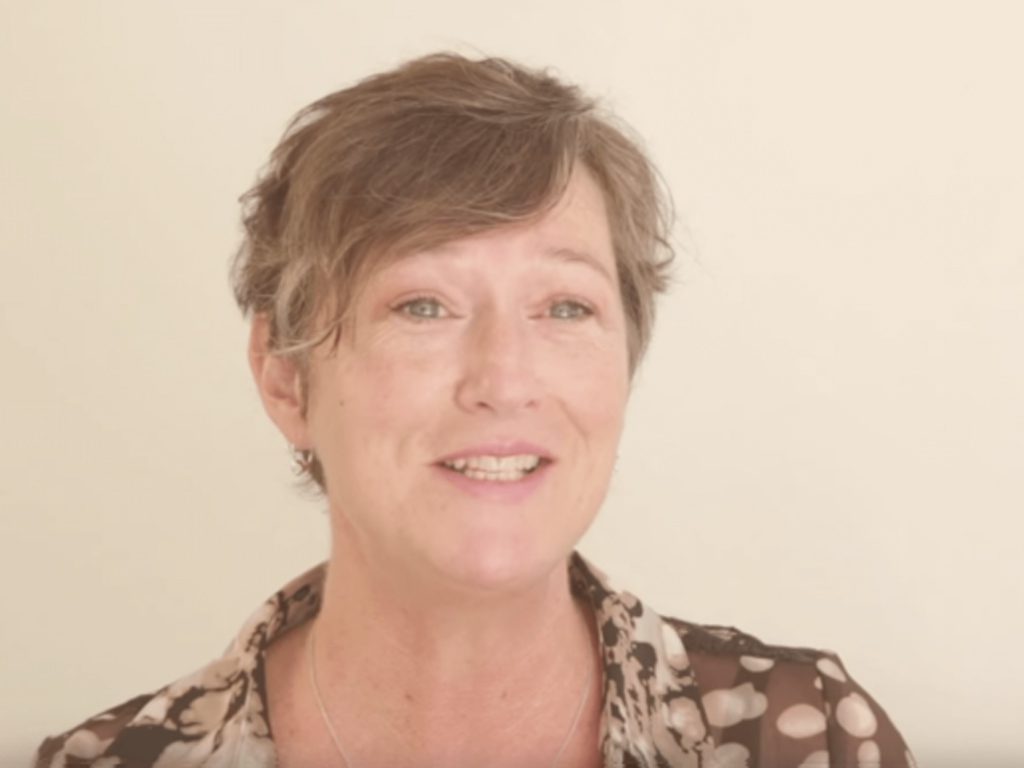6 Myths About Giving A Baby Up For Adoption
There are at least 6 myths about giving a baby up for adoption. There’s so much information out there about giving a baby up for adoption, and sometimes it can be overwhelming. My goal is to educate you and provide you with the essential information you need to make your adoption smooth and legal. If you’re gathering information about giving a baby up for adoption, below are 6 myths about the adoption process. None of these statements are true — they are all myths!
Let me know if this is helpful, and text, call, or email me if you have any questions! I’m a birth mother and an adoption attorney, and you can work with me to do your adoption. I will help you find a family that will love your baby as much as you do, and can place your baby with that family. If you are choosing adoption for your baby, this article is for you.

Myth #1: You have to do an adoption immediately after your baby is born
You DO NOT have to sign adoption paperwork immediately after your baby is born. Every state has laws about this. The laws are there to protect you from signing immediately after delivery when you’re most vulnerable. Here’s what you need to know:
- Most states won’t let you sign until anywhere from 24 hours after birth to 72 hours or more.
- You can relinquish your baby any time after that time has passed, just not before.
- Do NOT relinquish your baby until you know you are ready. Wait as long as you need to!
- Don’t let anyone pressure you to sign as quickly as possible.
- Many women want to sign as soon as the law will allow them, but that doesn’t mean you have to.
Myth #2: Your baby must be discharged to the adoptive parents
You are your baby’s parent until you relinquish. This means you make all decisions for your baby if you want to. That means you also have the right to take your baby home if you want to. Some states require that the baby must be discharged to you, though you aren’t required to take the baby home.
There’s just one exception:
- If the hospital has contacted child protective services or you have an open CPS case, then the hospital may not discharge baby to you.
- CPS typically gets involved if you or your baby has tested positive for drugs.
- You can still put your child up for adoption in these circumstances.
Myth #3: You don’t have the right to your own attorney
You absolutely should work with an adoption professional when giving a baby up for adoption. Nearly every state has adoption laws that say a birth mother is entitled to an attorney if she wants one. An attorney’s services are free to birth mothers. Here’s what you need to know:
- Once you’ve chosen potential adoptive parents for your unborn child, you should find an attorney right away.
- The adoptive parents cover the cost for your attorney.
- An attorney will make sure you understand your rights and the baby’s father’s rights.
- Your attorney owes you the highest obligation to act in your best interests and to maintain confidentiality.
- Your attorney can help you with an agreement for future contact with the adoptive parents and your baby.
- Most important, an attorney will help you get your baby back if you change your mind about the adoption within the time frame allowed.
- You can hire me to be your attorney. My services are free to you, and as a birth mother, I can provide the support and real answers you need.
Myth #4: No one will adopt your baby if you’ve used drugs or alcohol during pregnancy
Every adoptive parent I work with is ready to adopt a baby that has been exposed to drugs or alcohol. All of the adoptive parents I work with are well-educated on alcohol and drug use during pregnancy. They understand the risks involved and are comfortable parenting a child that has this exposure. When you make a plan for your baby, choose an adoptive family who is open to your prenatal environment. Here’s what you need to know:
- Get prenatal care right away even if you’ve used drugs or alcohol. Your doctor needs to know to take the best care of you.
- Tell the potential adoptive parents about any drug or alcohol use. You need to know they are comfortable with this.
- More information about the prenatal environment means better care for your baby in the future.
Myth #5: Adoptive parents will not stay in contact with you in the future
The adoptive parents I work with stay in contact with the birth parents. They are committed to an open adoption. My waiting families are also open to a semi-open adoption if that’s what you want. They work with me because I am a birth mother, and they share my philosophy about open adoption. While some adoptive parents may unintentionally make promises they cannot keep, this is really easy to avoid if there are clear communications and we set realistic expectations. Here’s what you can do to make sure future contact is realistic:
- Get to know the adoptive parents well so that you can build trust with them.
- Ask them why they’ve chosen open adoption and what they know about it.
- Be honest with them about your medical and social history and about the birth father. If you want them to be honest with you, you have to be honest with them.
- Make clear your expectations and make sure you put these in writing.
- Talk with an experienced counselor or mediator to make sure everyone’s expectations are realistic and that everyone is on the same page before you relinquish your child. The adoptive parents will pay for this professional help.
Myth #6: You’re a bad person for giving your baby up for adoption
It breaks my heart to hear a women say she’s afraid others will think she’s a bad person for giving a baby up for adoption. As a birth mother, I can say for certain that I asked myself the same thing. I was afraid people would judge me. Over the years, I have come to realize that giving up my baby doesn’t make me a bad person. It’s by far the hardest thing I’ve ever done. I could only do it for someone I loved as much as I love him. I wasn’t ready or able to give my son the best. As a result, I chose something better for him: his adoptive parents. I know in my heart that I’m not a bad person for making this choice.

